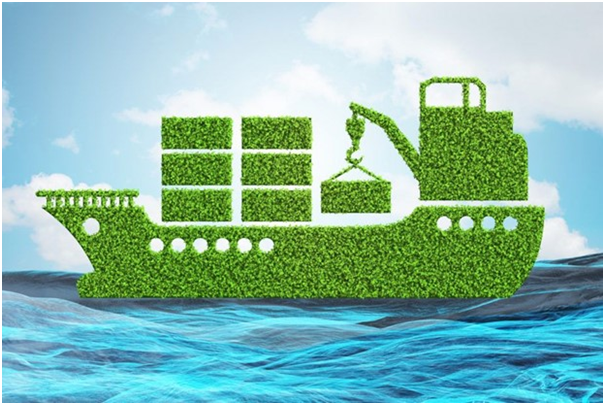
Outlined in the report titled
‘Sustainable fuels for shipping by 2050 – the 3 key elements of success’,
projections indicate that fossil fuel costs are poised to more than double by
2030, ultimately converging with sustainable fuel prices by 2035. This development
is deemed crucial for the global shipping industry, which, despite serving as
the cornerstone of global trade, currently contributes 2% of global emissions.
Addressing the imperative for action,
particularly in light of the International Maritime Organization’s (IMO) target
of achieving net-zero emissions by 2050, the report underscores the role of
sustainable fuels in reducing emissions. However, it highlights the pressing need for radical measures to scale up
production, given the inherent challenges such as high costs and limited
availability.
Wärtsilä’s analysis offers a strategic
roadmap for the widespread adoption of sustainable fuels, emphasizing the
importance of decisive policy implementation, industry collaboration, and
individual operator initiatives.
Roger Holm,
President of Wärtsilä Marine & Executive Vice President at Wärtsilä
Corporation, emphasizes the significance of policy
coherence, exemplified by the European initiatives, in bridging the cost gap
between conventional and low-carbon fuels.
“Achieving net zero in shipping by 2050
will require all the tools in the toolbox, including sustainable fuels. As an
industry, we must focus on coordinating action across policymakers, industry
and individual operators to bring about the broad system change required to
quickly and affordably produce a mix of sustainable fuels. Policy in Europe is
showing just how impactful action at the international level can be, closing
the cost gap between fossil- and low-carbon fuels for the first time.”
Key policy recommendations include setting
science-based pathways for phasing out fossil fuels, adopting standardized
carbon pricing mechanisms, and fostering global collaboration to scale up
sustainable fuel production.
Moreover, the report underscores the importance
of industry collaboration, urging stakeholders to pool buying power, engage
with adjacent sectors, and establish knowledge-sharing platforms to accelerate
the transition.
Individual actions are also encouraged,
with potential fuel cost savings estimated to be 3-5 times higher by 2030. Holm
emphasizes the role of smaller operators in driving change, advocating for
swift action to improve fuel efficiency and invest in fuel flexibility.
Highlighting the financial viability of
investing in fuel flexibility, Wärtsilä has been at the forefront of developing
alternative fuel options. Notably, the company recently introduced the first
commercially available 4-stroke engine for ammonia fuel, promising significant
emission reductions compared to diesel. In essence, Wärtsilä’s analysis presents a comprehensive blueprint for closing
the price gap between sustainable and fossil fuels in the maritime sector,
emphasizing the urgency of collective action to achieve a sustainable future
for shipping.